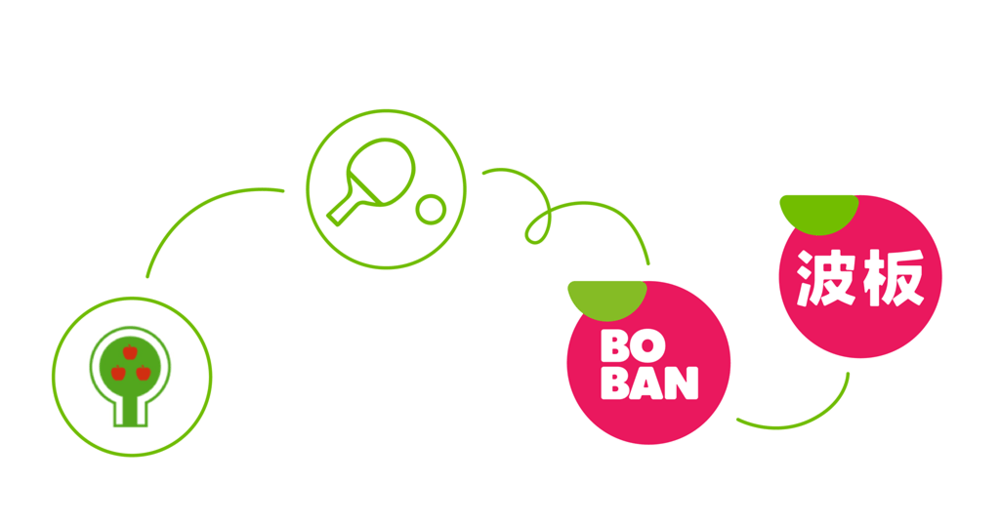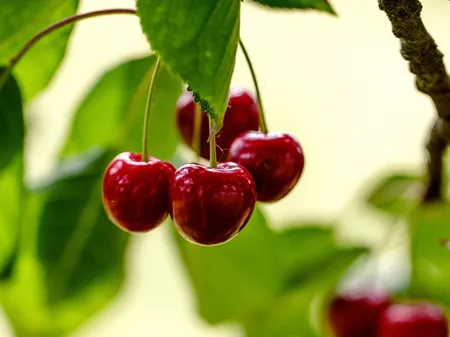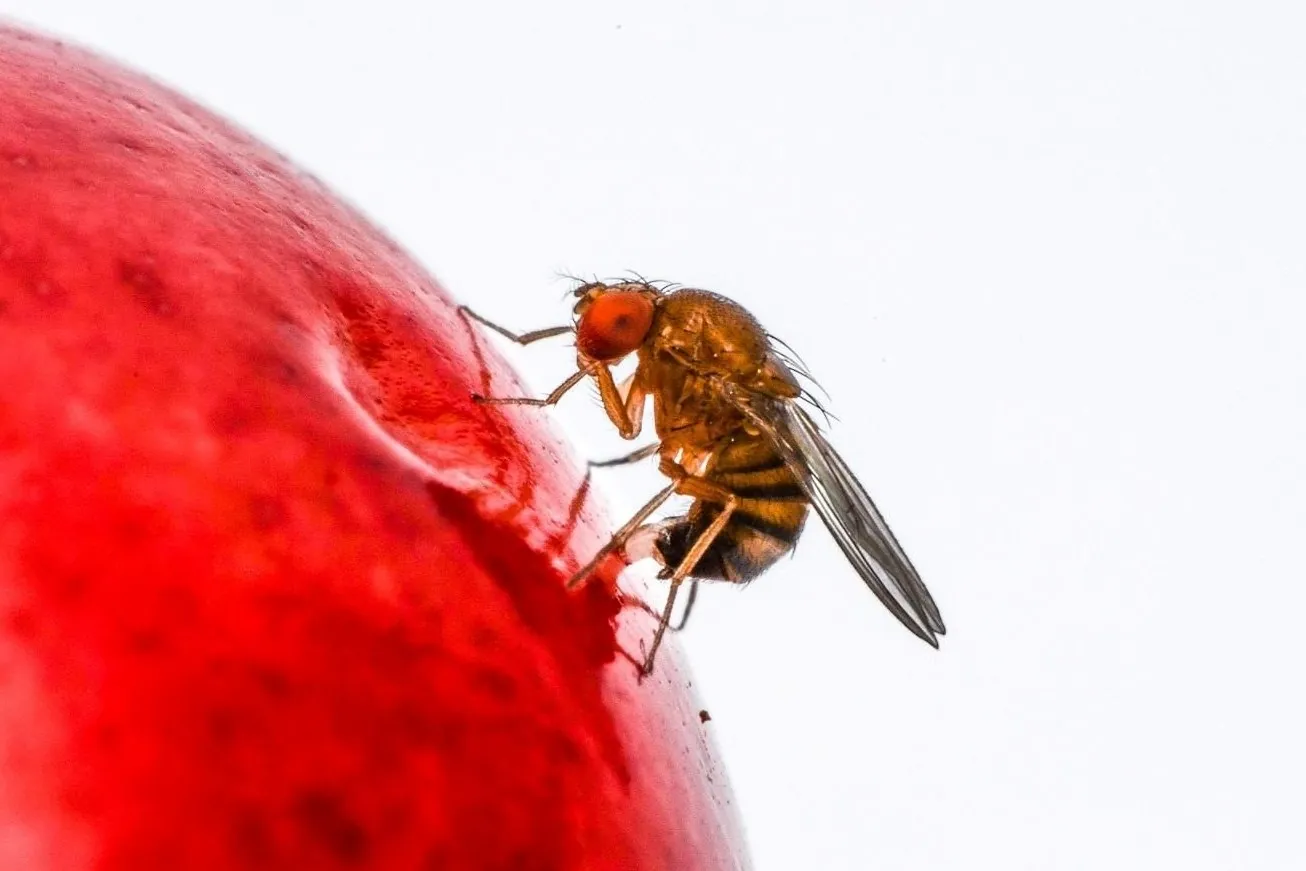Copefrut recently launched its cherry export campaign for 2023-2024, announcing BoBan as the brand under which it will seek to increase shipments and encourage consumption in the Asian country. The company is the country's second largest exporter of the coveted red fruit, with worldwide shipments exceeding five million boxes last year.
One of Copefrut's innovations for this new 2023-2024 cherry season is the launch of the BoBan brand to promote the consumption of its cherries in China. "Our goal is to build customer loyalty, be close to our customers and generate an impact on the end customer. We want Chinese families to recognise us, remember us and prefer us when they choose to buy," explains Copefrut's CEO.
In this interview, Andrés Fuenzalida, the company's general manager, said he had a positive outlook, given the increase in demand for cherries. "It is surprising that the demand is constantly growing and that the Chinese market naturally consumes a greater volume year after year.
"We believe that this season will be no exception, as long as the quality and condition of the fruit are suitable to ensure an excellent eating experience. Although we are optimistic, the delayed Chinese New Year may have an impact on consumption."
 Andrés Fuenzalida, Copefrut's general manager.
Andrés Fuenzalida, Copefrut's general manager.
He added: 'As has been the case in previous years, everyone involved in the cherry business in China is very optimistic that this year is really the first Chinese New Year post Covid, when everyone will have time to plan and travel for Chinese New Year (last year, with the celebrations opening so close together, not everyone was able to get out and visit their families), so hopefully this will help with the demand that continues to grow steadily year on year.
In addition, the first air arrivals showed a normal reaction very similar to previous years, which could lead us to expect that the rest of the season will develop in the same way. This last aspect leaves us with a great responsibility in terms of quality and arrival conditions, which will be decisive for the success of this season.
BoBan: The brand to delight consumers
Fuenzalida pointed out that Boban is the Chinese name by which Copefrut has long been known in the Chinese market and means 'ping pong paddle', a nickname that alludes to its old logo, which had a tree in the shape of a ping pong paddle. Therefore, by exploiting this capital of knowledge and penetration, it will be the brand with which they will try to win the palate and recognition of Chinese consumers.
"Our goal is to build customer loyalty, to be close to our customers and to have an impact on the end customer. We want Chinese families to recognise us, remember us, and prefer us when choosing their purchases,' he said.
For this reason, several marketing activities have been planned around BoBan in China, 'but nothing too sophisticated, because this is the name by which Copefrut has been known in China for many years. It is a natural and subtle change. We believe that the biggest impact should be at the end consumer level, where we will concentrate our marketing resources'.

Challenges: climate, late New Year and quality
When it comes to challenges, Andrés Fuenzalida is clear in pointing out that 'the late Chinese New Year, a date that boosts consumption and will be virtually absent for cherry campaigns this year. And, secondly, the unstable and changing climate, which implies an extra effort to be able to provide a reliable and consistent product. Furthermore, to a certain extent, the economic indicators in China are also worrying, as consumption in general is not at its peak'.
In relation to the challenges for Copefrut, the professional indicated that, for this season, the main one is related to continuing to provide high quality fruit to its customers and consumers. "In previous years we have been able to supply our customers excellently, meeting our volume commitments and always arriving with excellent quality and consistency of our fruit," he said.
"This year, with several weather-related complications, we had to maintain the standard that our customers and consumers are used to receiving."
"In addition to volume growth, we also have an important growth in infrastructure, with our new facilities at the Linares plant, where this year we are launching a new Unitec line with the most advanced technology, which is practically new packaging compared to what we had before, in addition to the improvements we are making to the processes and the fruit receiving and cooling capabilities at the Curicó plant."
In more general terms, as an industry, when asked what challenge Chilean cherries are facing today, Fuenzalida indicated that 'without a doubt climate change is something we have to start getting used to and understand quickly, we have had several atypical years with very good general weather conditions and now we are seeing a return to reality with situations of humidity and rainfall that were a long time ago'.
He also emphasised the need for progress in infrastructure and quality. "We have an unfinished business in terms of general infrastructure, starting with packing capacities, where the investments that have already been made in orchards and new plantations need to have a similar investment in order to adequately pack all the new fruit that we will have in the coming seasons."
"We have also made significant progress in road and port infrastructure, but we continue to depend on very few alternatives in a high-value, high-volume business for an extremely short period of time." Finally, the Copefrut CEO pointed to quality and the demands of an increasingly educated consumer as challenges.
"We have the great challenge of continuing to do things well, we have managed to win over the Chinese consumer with a very good product and now, with the passage of time and the constant increase in volumes, we have seen how a small group of consumers with few demands with respect to quality and condition (before it was only important how it arrived at the destination and whether a cherry was dark or light), is now an increasingly large, demanding and informed group about the product (now there is also knowledge about the different varieties and flavour is a very important issue, as is the freshness with which the cherries arrive).
"The good thing is that this maintains the opportunity to continue to aim for high sales prices and yields for the producers, but to be able to do this it will be increasingly important to meet all these new demands," he concluded.
Source: Simfruit
Images: Copefrut, Asiafruit
Cherry Times - All rights reserved













